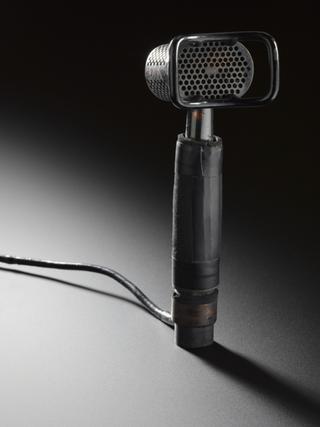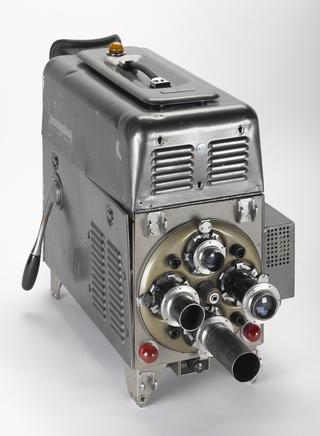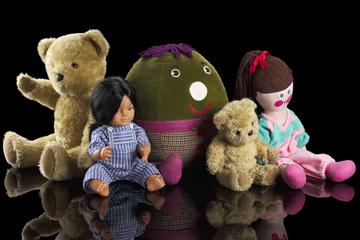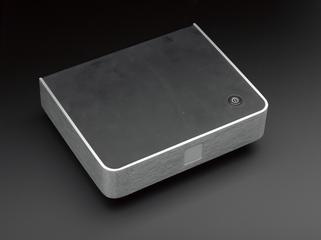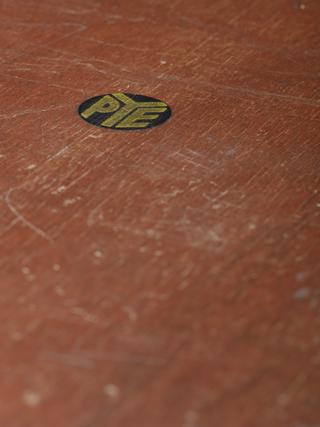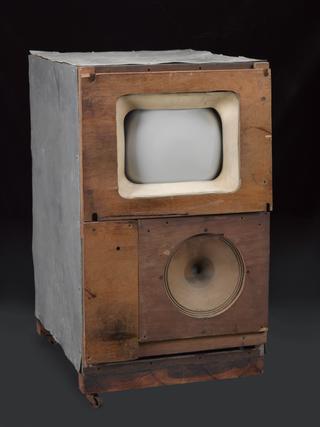
BBC VERA (Vision Electronic Recording Apparatus) video tape
- Made:
- 1958 in United Kingdom




























Original reel of magnetic tape from the BBC’s VERA (Vision Electronic Recording Apparatus) video recording system.
VERA (Vision Electronic Recording Apparatus) was the first video tape recorder in the UK. It was developed by Peter Axon at the BBC from 1952 and first demonstrated in 1956. VERA used three-track recording; two tracks for the video signal and one for sound. To record the video signal VERA ran at a tape speed of 200 inches/sec (508 cm/sec). The high speed gave only 15 minutes recording time from the 20.5 inch (52 cm) diameter reels of 0.5 inch (13 mm) magnetic tape.
The first transmission using a VERA recording was part of a live on-air demonstration of the system presented by Richard Dimbleby on Panorama, 14 April 1958.
Prior to video tape, television could only be preserved by telerecording, an expensive process of capturing television onto film. VERA was soon eclipsed by the American system AMPEX which had a longer recording time per reel. Introduced to the UK in 1958, it was first adopted by Associated-Rediffusion and Granada TV then used on-air by the BBC in October 1958.
Details
- Category:
- Television
- Object Number:
- 2007-5031
- Materials:
- metal (unknown), plastic (unidentified) and magnetic powder (unknown)
- Measurements:
-
overall: 20 mm, 520 mm, 5.38 kg
- type:
- magnetic tape
- credit:
- The National Media Museum, Bradford
